A man's conscience and his judgment is the same thing; and as the judgment, so also the conscience, may be erroneous
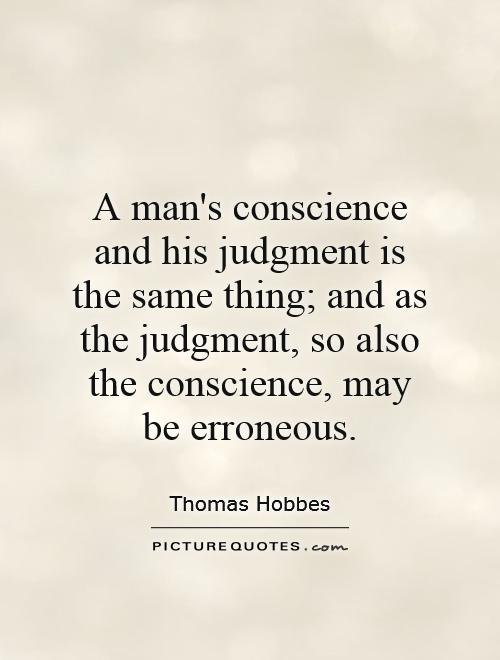
A man's conscience and his judgment is the same thing; and as the judgment, so also the conscience, may be erroneous
Thomas Hobbes, a prominent English philosopher of the 17th century, is known for his contributions to political philosophy and his belief in the importance of a strong central authority to maintain order in society. One of his key ideas is the concept of the social contract, which posits that individuals agree to give up some of their freedoms in exchange for protection and security from a sovereign ruler.In the context of the quote “A man's conscience and his judgment is the same thing; and as the judgment, so also the conscience, may be erroneous,” Hobbes would likely argue that both conscience and judgment are fallible and subject to error. He believed that human beings are inherently self-interested and driven by their own desires, which can lead them to make decisions that are not always rational or morally sound.
Hobbes’ view of human nature as inherently selfish and competitive would suggest that individuals may not always act in accordance with their conscience or make judgments that are morally right. In his famous work, Leviathan, Hobbes argues that without a strong central authority to enforce laws and maintain order, individuals would be in a constant state of war with one another, driven by their own self-interest and desire for power.
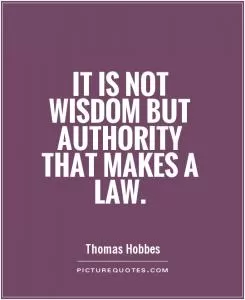
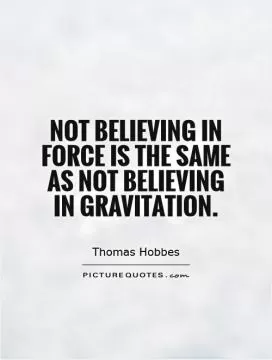
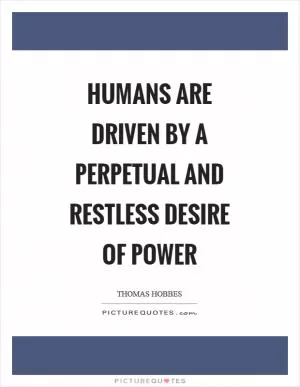

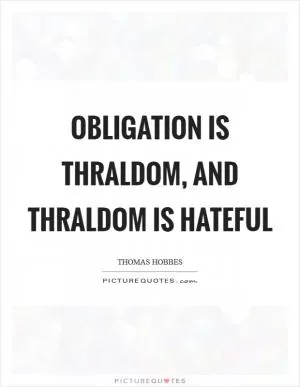
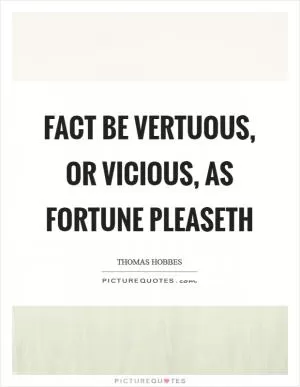
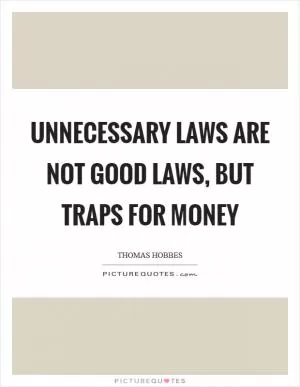

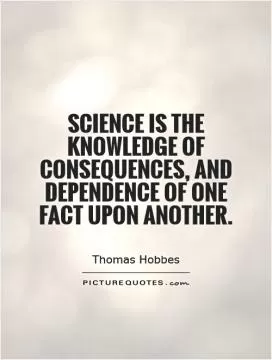



 Friendship Quotes
Friendship Quotes Love Quotes
Love Quotes Life Quotes
Life Quotes Funny Quotes
Funny Quotes Motivational Quotes
Motivational Quotes Inspirational Quotes
Inspirational Quotes